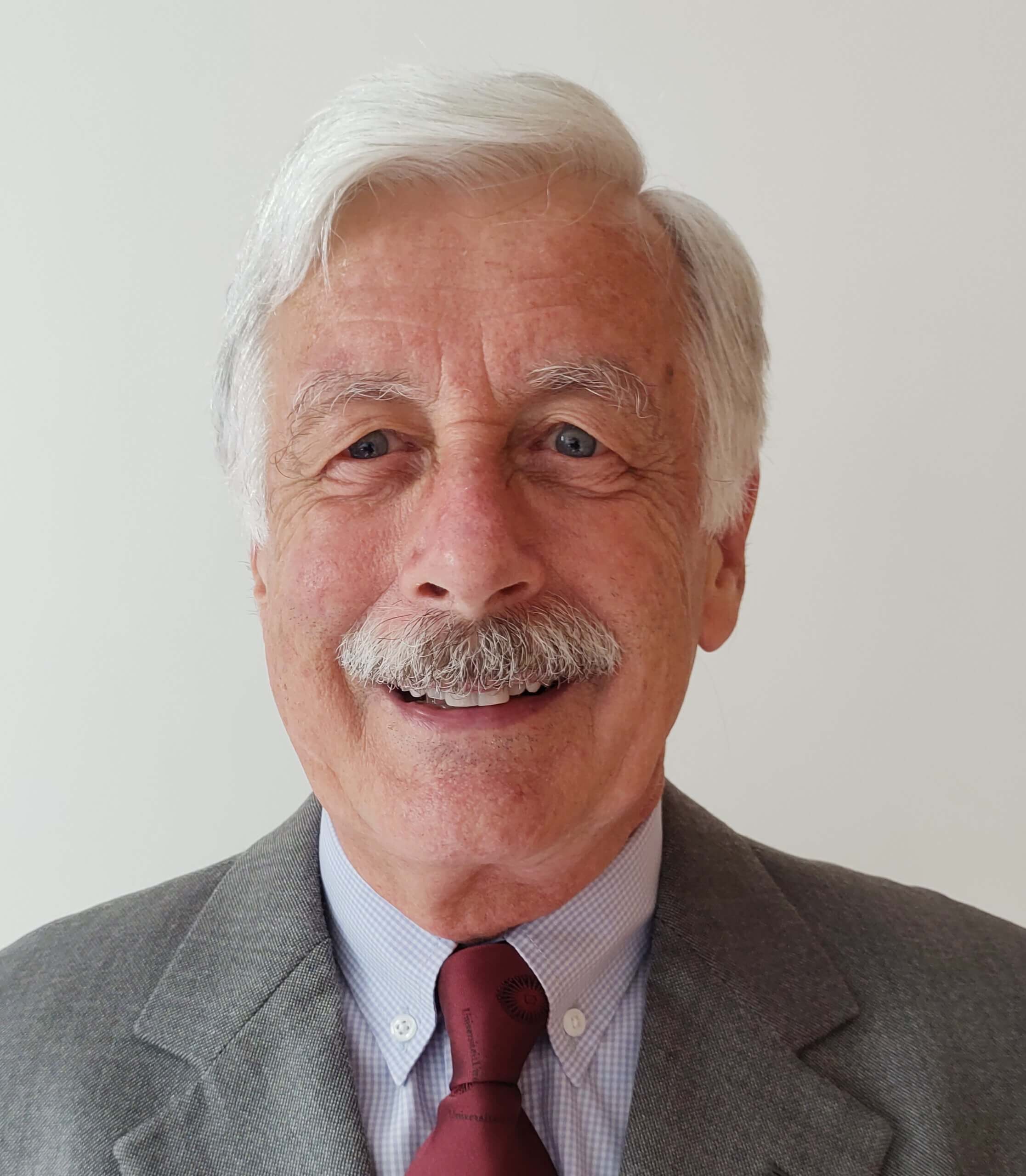He studied the movement of water in the unsaturated medium between the soil and the groundwater. This layer is important for agriculture, pollutant transport and flood control

Martinus Theodore Rein, van Gnochten Federal University of Rio de Janeiro, Brazil is the winner of the 2023 Wolf Prize for Agriculture.
Prof. van Gnochten, born in the Netherlands, received his early education at the University of Wacheningen and his doctorate in the United States, at New Mexico State University. Van Gnuchten has had an exemplary and influential career, with many collaborations around the world, Martinus has served as editor and co-editor of nine journals and launched the Journal Zone Vadose devoted to the science of the near-surface environment. Zone Vadose known in Hebrew as the "unsaturated medium" is the zone that lies between the surface of the ground and the ground water. The soil and rock in this area are not fully saturated with water; That is, the pores inside contain air and water. Water movement in the unsaturated medium is important for agriculture, transport of pollutants, flood control and more. The unsaturated zone is intensively used for growing plants, building buildings and disposing of waste, and is crucial in determining the quantity and quality of groundwater available for human use.
During his 40-year career, Professor van Gnochten transformed the broad fields of soil physics and unsaturated zone hydrology, which are central to modern agricultural operations and climate science. He created an essential scientific basis for understanding fluid flow and contaminant transport processes in unsaturated soils, including their interactions with the atmosphere above and the groundwater below. The contemporary hydrology of the unsaturated zone is the product of his many contributions, which created a combination of agriculture, soil science, geology, environmental science and civil engineering.
Particularly important were his studies on the basic processes governing the flow of water and transport of chemicals in a porous medium. His noteworthy work on the transport of agricultural chemicals in non-equilibrium systems was and still is a milestone in the field. Martinos is a pioneer in creating models of double porosity and double permeability in subsurface areas where fluids are mobile and areas where they are stationary. He also presented innovative analytical and numerical solutions, and verified the validity of his models in laboratory and field experiments.
The models he developed greatly improved the predictions of complex field phenomena and prompted a flood of research along similar lines, dealing with water flow and transport of solutes in soils and rocks. Thanks to their attractive mathematical properties and simplicity, "Van Genuchten equations" are now universally used in numerical simulators of underground flow and convection processes.
From the reasons of the award committee
Prof. Van Genuchten is awarded the Wolf Prize for reshaping the fields of soil physics and hydrology of the unsaturated medium. He not only published hundreds of articles in scientific journals, but also wrote manuals for his many computer programs that are now in use around the world. It brought enormous visibility and credibility to the agricultural science profession and facilitated the creation of productive relationships between theorists and practitioners, young students and talented scientists, and institutions in developed and less developed countries. For all his many contributions to agriculture, soil science and hydrology, Prof. van Gnuchten is awarded the Wolf Prize for Agriculture for 2023.
